"WHEN IT GOES DOWN I'M GETTING OUT OF HERE AND GOING TO THE WOODS/HILLS/FOREST/MOUNTAINS!!!"
"I'LL JUST GRAB BY HUNTING KNIFE/RIFLE/MACHETTE/SLINGSHOT AND MY WATER FILTER AND GO AND LIVE OFF THE LAND UNTIL THINGS CALM DOWN!"
When discussing what steps to take during a large scale emergency or disaster, we often hear people say they will head for the hills and live in the woods or mountains because there will be a better chance of survival. The quotes above are all things good intentioned folks have said when talking about disaster preparedness. What many don't realize is that living, surviving and actually thriving while doing so is a huge undertaking that will severely challenge even the the most highly trained and heartiest of people. As a matter of fact from personal experience, simply living in the mountains is tough even with all of the amenities, comforts and necessities currently available.
Why would or wouldn't you leave your current location and relocate to a different place during a disaster? One reason why would be an official mass evacuation. Normally mass evacuations are an organized effort involving the coordination of local, state and federal resources. They rely on strategic plans and logistics to secure places for evacuees to go if there is a longterm need. There are usually resources available for evacuees during the duration of the process, and many things, including longterm housing are concerns that are addressed. Our advice is that if an evacuation has been called for, then by all means leave the area if you can. Often, rescue attempts to save those who did not leave a danger zone are a drain on resources and can put more people in danger during these rescue attempts.
If an area is unsafe IT IS NATURAL TO WANT TO LEAVE. But one must consider the full picture before making the decision to leave an area if a mass evacuation has NOT officially been called for. Actually heading out and living off of the land is a lot harder than it seems. It is best to take more realistic steps to prepare and plan for surviving a disaster.
If you desire, it would be beneficial to invest time in learning specific skills like hunting, trapping, butchery, curing meat, fermentation and pickling. These skills will not only be useful in long term emergencies, but also will serve you well in everyday life. If you hone these skills now, you will find that they will end up saving you money now and in the longterm, and also give you some positive hobbies that you can share with friends and family.
Have fun learning the skills you want to, but also prepare realistically. Have kits and plans ready for plans and outages. Plan for evacuations, think about what you would need and what you absolutely must bring. If the time comes to leave, make sure you are ready and have a realistic plan of action.
Be smart, be ready and be aware!



